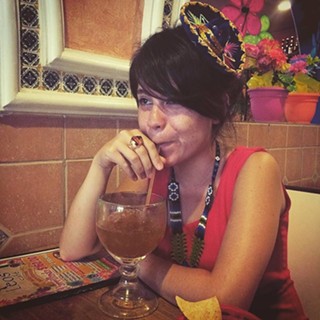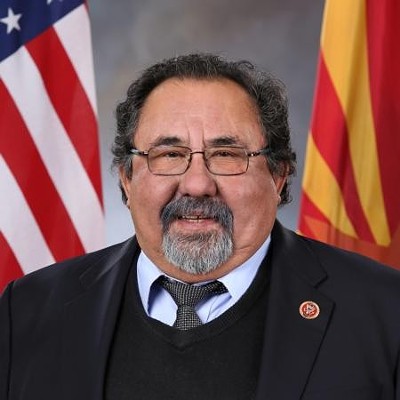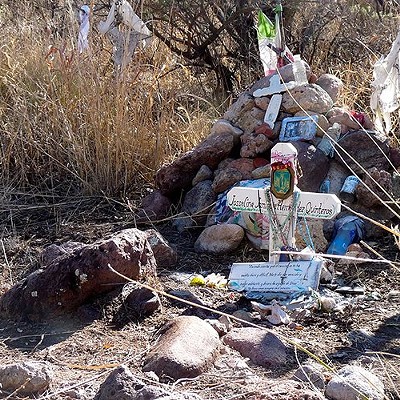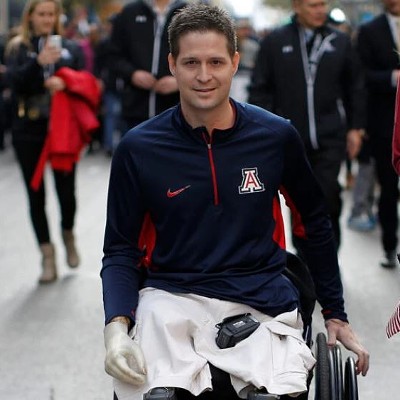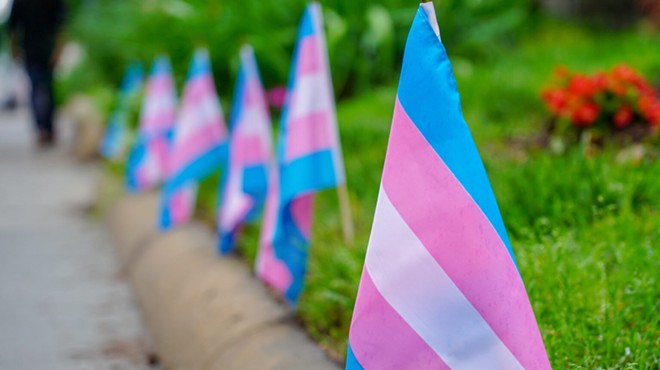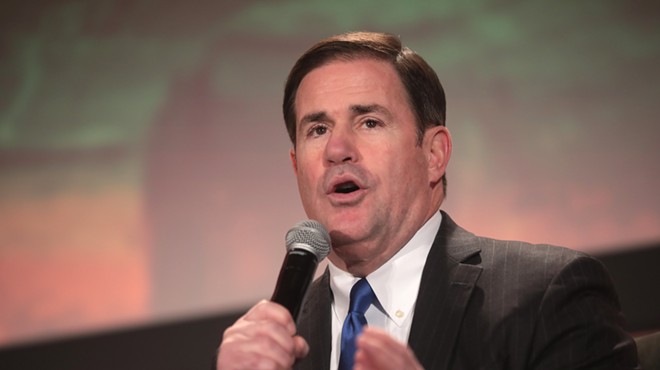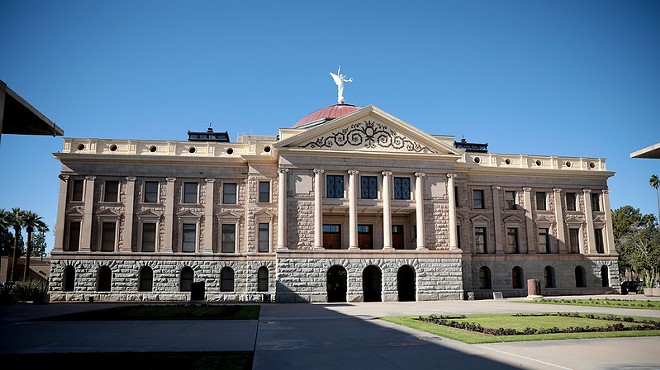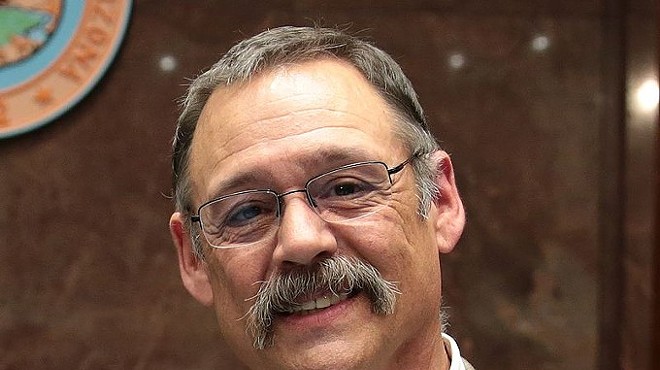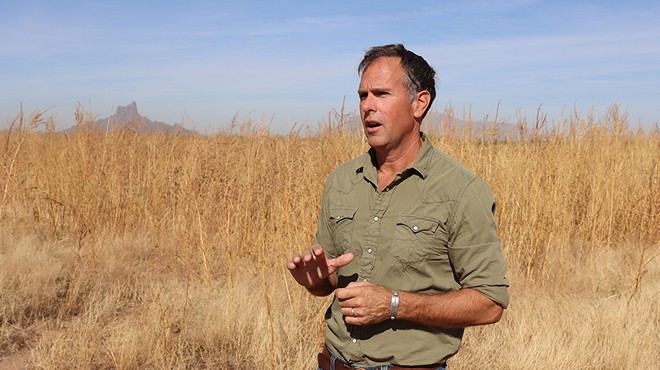Friday, February 5, 2016
Arivaca Residents Monitor Border Patrol Checkpoint on HWY 286 to Document Possible Racial Profiling, Other Abuse
In the three decades Carlotta Wray has lived in Arivaca, she says she had never felt uncomfortable until Border Patrol interior checkpoints and immigration enforcement agents began to appear in the area.
To either enter or leave the community—located 11 miles from the U.S.-Mexico border—she, and other Arivaca residents, have to pass through at least one of two checkpoints.
It offends Wray, who was born in Mexico but is now a U.S. citizen, to constantly be questioned on her immigration status as she drives in and out of Arivaca. One time, even after answering she is a citizen, the agent still demanded to see an identification for proof, she says.
On Thursday, Wray and other fellow members of the organization People Helping People in the Border Zone completed day 2 overseeing a Border Patrol checkpoint on Arizona Highway 286—roughly 26 miles from the border at Sasabe. This is the second checkpoint near Arivaca the group has targeted to monitor to collect data on possible civil rights violations, harassment, racial profiling, and overall the effectiveness of interior checkpoints. The ultimate goal is to shut them down.
"They are here, and they are not going anywhere. It is worse than a nightmare," Wray says, adding the interaction with Border Patrol is tougher for community members of color. "Their presence interrupts our lives. It steals our peace. The community was tranquil, we were in peace. Now we are at war with them."
Even though the previous day several Border Patrol agents said they did not mind having PHP members watching from the other side of the highway, when the group showed up to the checkpoint Thursday afternoon, they were welcomed by a "no authorized entry beyond this point" barrier—approximately 180 feet from the area where border agents inspect vehicles driving north from Sasabe. From that distance, the interactions were inaudible. And, when people crossed the line, a BP agent would come by and say they had to remain behind the white rope, and that the barrier was set up as a precaution.
Two years ago, People Helping People—a humanitarian organization that was founded in 2013, and is made up of Arivaca residents—began to monitor the checkpoint on Arivaca Road to document alleged racial profiling and abuse from Border Patrol. After some time watching that checkpoint, border agents would park their trucks near the group, and even blow car smoke in their face, attempting to deter their monitoring, says PHP member Eva Lewis.
There's currently a lawsuit against the agency on behalf of PHP and the American Civil Liberties Union of Arizona, arguing attempts to block the group is a violation of First Amendment rights.
Ultimately, after overseeing the Arivaca Road checkpoint for a few months, the group found Hispanic drivers are 20 times more likely than white drivers to get pulled over for a second inspection, and 26 times more likely to be asked to show an ID.
Also, "At the time we were monitoring, there [wasn't] a single arrest or stop for contraband. [Interior] checkpoints are not doing what [Border Patrol] reports to be doing," Lewis says, fueling the group's claims that so-called interior immigration enforcement isn't efficient.
An October 2015 report by the ACLU of Arizona based on documents obtained through a Freedom of Information Act request found that interior checkpoints only bring "systematic abuse" and "few apprehensions."
PHP members say they intend to monitor the checkpoint on Highway 286 on an on-going basis, and as often as they can. Since doing the same on Arivaca Road, they noticed a huge difference in the interactions between BP agents and drivers.
Still, they will keep fighting to have all checkpoints removed.
"This is an agency that is operating in these rural places with complete impunity, [and] is here really harassing border residents under scrutiny and not allowing any one to watch them or hold them accountable for the way they behave," Lewis says. "Our goal has always been border demilitarization. Our campaign is against these checkpoints."
Tags: people helping people , border patrol , american civil liberties union of arizona , arivaca , checkpoints , immigration , border , sasabe , Video


